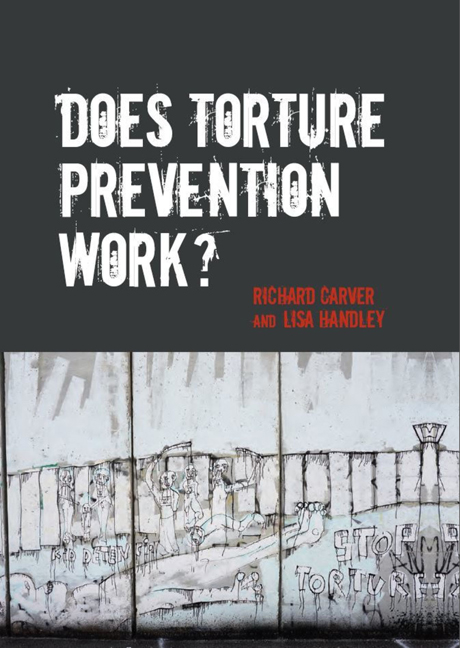Book contents
- Frontmatter
- Contents
- List of Tables
- List of Figures
- Foreword
- Acknowledgments
- Contributors
- 1 Introduction
- Overview and Findings
- Prevention Sustained
- Prevention Stalled
- 6 Hungary
- 7 Indonesia
- 8 Israel
- 9 Peru
- 10 South Africa
- Prevention Expected
- Prevention Denied
- Conclusion and Future Strategies
- Bibliography
- Index
10 - South Africa
from Prevention Stalled
- Frontmatter
- Contents
- List of Tables
- List of Figures
- Foreword
- Acknowledgments
- Contributors
- 1 Introduction
- Overview and Findings
- Prevention Sustained
- Prevention Stalled
- 6 Hungary
- 7 Indonesia
- 8 Israel
- 9 Peru
- 10 South Africa
- Prevention Expected
- Prevention Denied
- Conclusion and Future Strategies
- Bibliography
- Index
Summary
Introduction
In the past 30 years, South Africa has transformed itself from an authoritarian regime based on white minority rule, relying on force and coercion to stay in power, to a constitutional democracy enjoying robust political debate, regular elections, and universal franchise. In the last phase of apartheid, a desperate state struggled to stay in control but eventually submitted to pressure for democratic reform. The transition to democracy had a profound effect on both South African society and the public sector. Nevertheless, South Africa has remained a violent society. It has high levels of crime, violent prisons, and the police are frequently reported to use excessive force. State and social violence have not been reduced significantly by legal reform, the establishment of an independent judiciary and oversight institutions, or the country's vibrant civil society. The habits, assumptions, and practices inherited from apartheid appear to remain firmly entrenched in the subculture of law enforcement agencies. Torture perpetrated by the state, and society's tolerance of high levels of violence, should be understood in this context.
This chapter divides the time under review into the period before democracy (1985–94) and the period after (1994 to the present day). During the first sub-period (1985–90), successive states of emergency suppressed political discontent, and law enforcement agencies, granted almost unfettered powers, were subject to little oversight. Predictably, torture was practised on a large scale, with impunity, causing high numbers of fatalities due to police action. At the same time, the apartheid government never officially permitted torture; in fact, it was sensitive to allegations of torture and their impact on the country's image abroad. On 2 February 1990, then President De Klerk announced that democratic political reforms would be introduced and in June the state of emergency was lifted.2 The next four years were highly uncertain for citizens but also for government and law enforcement officials, who had to adjust to a different operational agenda (at least on paper).
- Type
- Chapter
- Information
- Does Torture Prevention Work? , pp. 335 - 392Publisher: Liverpool University PressPrint publication year: 2016



